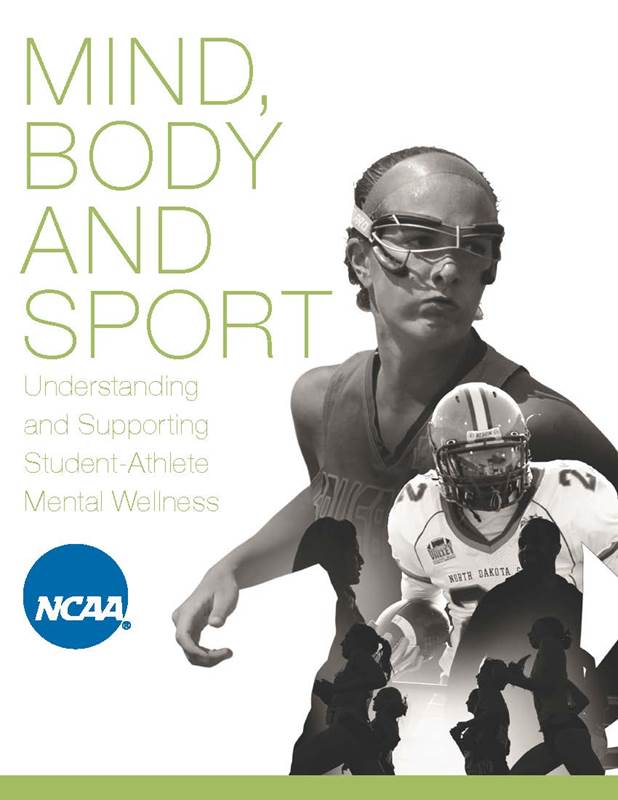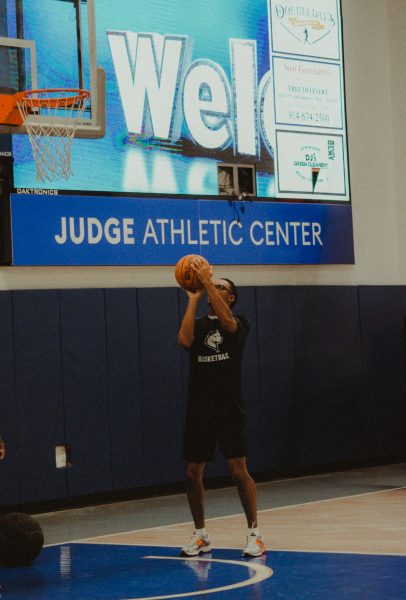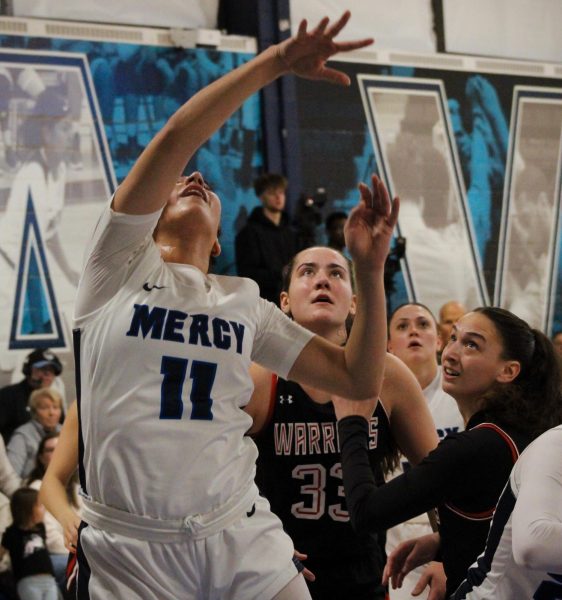OP/ED: Mental Health Needs More Attention
When it comes to mental health, there will always be some people who do not want to open up and let people help them. And that is very common when it comes to athletes in college who do go through some type of depression and anxiety
According to studies, student athletes who have to balance both the school aspect and the sports aspect of their life at the same time are 2 percent more likely to suffer from severe mental illness compared to their non-athlete counterparts. And that might not seem like it is a great number, but when 2 percent is out of over 503,000 student athletes, it becomes gradually larger.
Mental health has been a topic that has grown over the years where people should now know that they should not be afraid to come out and say something. Professional athletes such as Kevin Love and Calvid Ridley have both left their sports for the remainder of the season for mental health. Both Love and Ridley did not have to reveal exactly what they were leaving for, but they did so others can see that everyone is vulnerable in his or her own way.
A big reason that college athletes do suffer from mental illness at some point in their life is because of the pressure an athlete puts on themselves day in and day out. No one puts more pressure on how they produce on the field or court than an every day student athlete. And when one combines that with worrying about wins and losses, what your coach is thinking of the player, and even family and friends, it is not something that is easy to go through alone.
Gaetano Pennisi, a baseball player for Mercy College said, “Mental health is definitely one of the bigger aspects of all of our lives when it comes to everyday things. As much as some people do not want to open up and admit it, talking to someone about what you are going through for even just five minutes can make you feel so much better in your life.”
Mental health should also be more respected and brought up more when mentioned to students from the colleges that we go to. Most schools only have a little meeting before the year starts to talk about who you could talk to and about making appointments for meetings with your counselors. But at the end of the day, what is that really doing?
Students that are going through different types of mental illness are not going to want to go talk to someone about what they are feeling to the people that are not directly, a part of what they are feeling. If someone was stressed out about a coach, or schoolwork, there is not much reason to want to only go talk to either a counselor or someone that is a part of your team at that point.
A student who chose not to be named stated, “I personally do not think that my school offers enough help when it comes to mental health. It kind of just feels like they want to do the bare minimum that they are required to and then they call it a day. There is not much to what they are offering. If I was stressed out about school work, why would I want to go talk to my professor about it? If schools are going to bring up mental health, I think they should do it because they care for the students, not because they are required to.”
College athletes go through a lot when it comes to mental health. Not even going into detail about their own personal relationships that they go through that adds onto the long list of responsibilities in their lives.
All the students are asking for is a little more help from their respective colleges on how to go about talking to someone to help try to feel better. At the end of the day, it is the student athletes that help keep up the programs that we play for.

Luis Ruiz is currently a Sophomore at Mercy College. He is currently enrolled in the Media Studies major here at Mercy while pursuing his dream of being...













